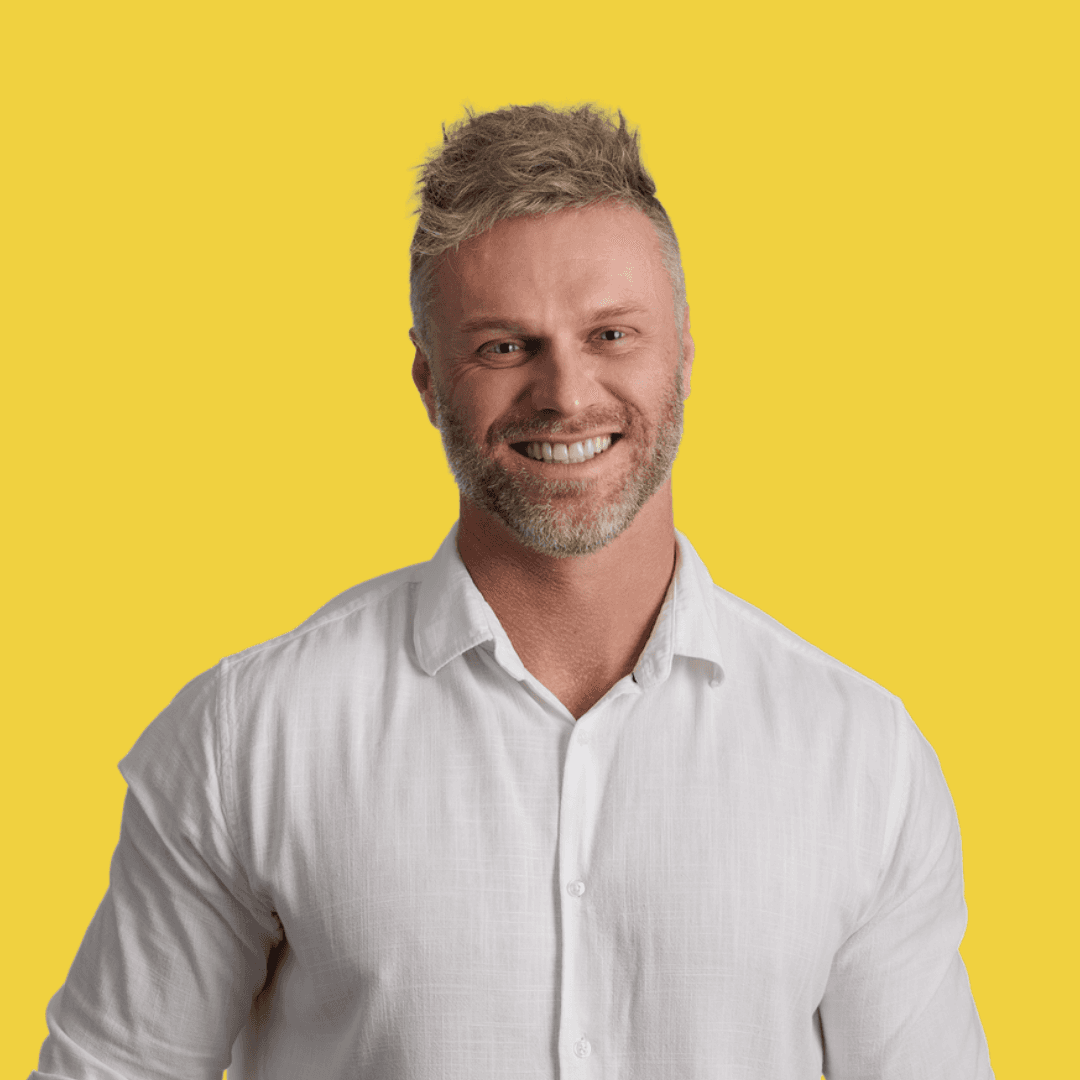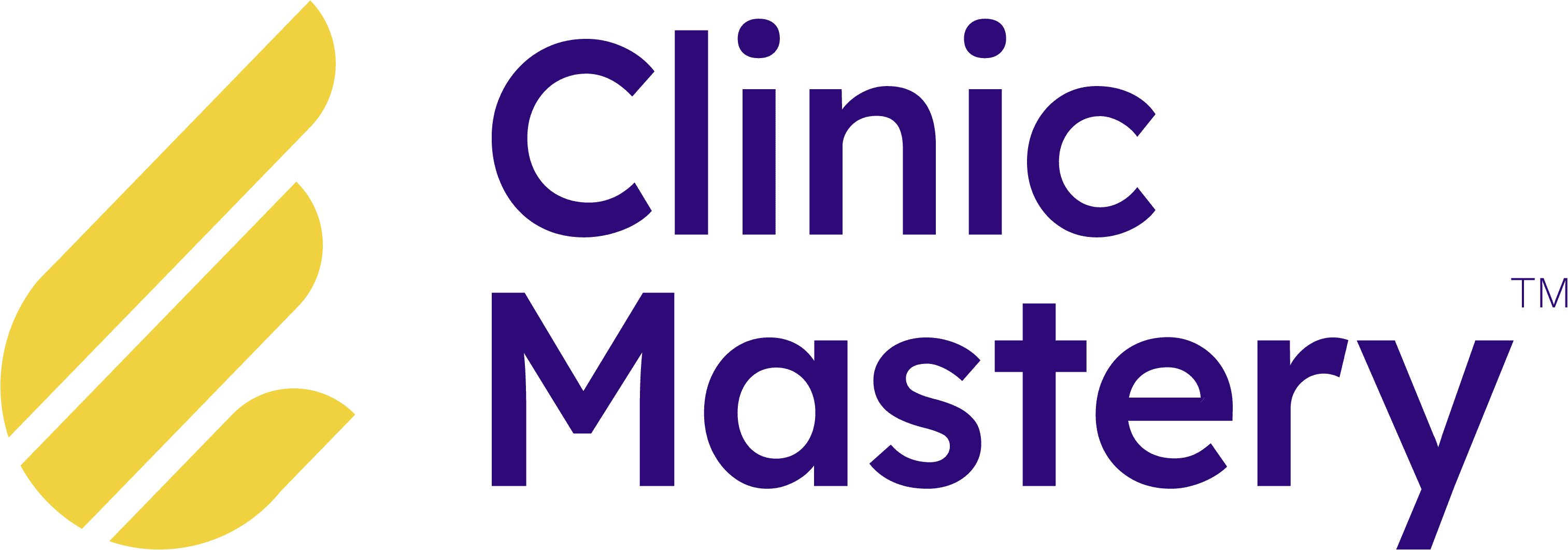Team
•
5 min read
•
27 June 2025
How to Mentor Your Therapists With Roger Federer
Photograph: Lukas Coch/EPA
“I Already Know This” — The Biggest Barrier to Growth
Earlier this week, I was chatting with a clinic owner who’d sent one of their team members off to a course. But the practitioner came back saying, “I already know this.”
Sound familiar?
It’s a phrase we’ve all said. But it’s also one that quietly kills progress.
Because knowing something isn’t the same as mastering it.
What I encourage our team to say instead is:
“How good am I at this?”
or
“How well do I actually know this?”
That little reframe can open the door to reflection, learning, and excellence.
So… What’s Roger Federer Got to Do with It?
Let me explain.
I used to be a pretty handy tennis player myself (until an unfortunate Achilles rupture slowed me down a touch). I’ve played overseas, and I can still hit a decent forehand. I’d confidently say, “I’m a tennis player.”
But guess what?
So would someone who plays once a week at the local club.
So would a player on the Challenger tour.
So would someone ranked in the world’s Top 100.
And of course so did Roger Federer.
Same sentence: “I’m a tennis player.”
Completely different outcomes.
Clients Don’t Want Average, They Want Excellence
If you had to play a doubles match to save your life (or win $10 million), who would you choose as your partner?
You’re not picking a weekend warrior from your local club.
You’re not even picking someone ranked 10th in the world.
You’re going with Federer. In his prime.
Because when the stakes are high, we want the very best.
Your clients are no different.
They’re not looking for average. They want results. They want someone exceptional to help them get better. They want someone who’s mastered their craft, not just ticked the box once in a CPD course five years ago.
The Therapist Spectrum: Where Do You Sit?
There’s a spectrum in every profession, from beginner to expert, from good to world-class.
When a therapist says, “I already know how to do exercise progressions” or “I’m good at communicating with patients,” I ask:
Could it be better?
What would excellence look like?
What are the best in the world doing that you’re not?
That’s how we grow.
Excellence Isn’t Just Better for Clients. It’s Better for Therapists, Too.
Becoming a better therapist doesn’t just serve your clients. It transforms your experience of work.
Because here’s what I’ve seen, time and time again:
When a therapist struggles to get outcomes, they doubt themselves.
When they doubt themselves, they disengage.
When they disengage, they burn out or leave the profession altogether.
But flip that around?
When they’re confident in their skills…
When they see patients improving…
When they get thanked for making a difference…
That’s a fulfilling, energising, sustainable career.
It’s not just about bookings or billings. It’s about loving the work you do every single day.
For Clinic Owners: Create a Culture That Strives for More
If you’re a clinic owner reading this, here’s your Monday morning question:
How are you helping your team move from “I already know this” to “How good am I at this?”
Encourage learning. Celebrate curiosity. Show them what excellence looks like.
Because when you do, you’ll build a team of therapists who don’t just work at your clinic… they grow, lead, and inspire there.
And if you had to pick a teammate for the match of your life.
Wouldn’t you want a Federer too?

Article by
Peter Flynn
Pete Flynn is a physio by trade and a business consultant at heart. He founded his first Adelaide clinic to help people overcome pain and reclaim their lives. Within five years, that clinic grew to a 23-member team across two locations that no longer required him. He successfully sold both clinics in 2022 and now guides other clinic owners in scaling, leadership, marketing, and people management. Known for his practical wisdom and generosity, Peter’s approach is always anchored in the principle: give more than you take. He’s here to share how to create real value, both for your clients and your teams, without losing sight of what truly matters.
Latest







